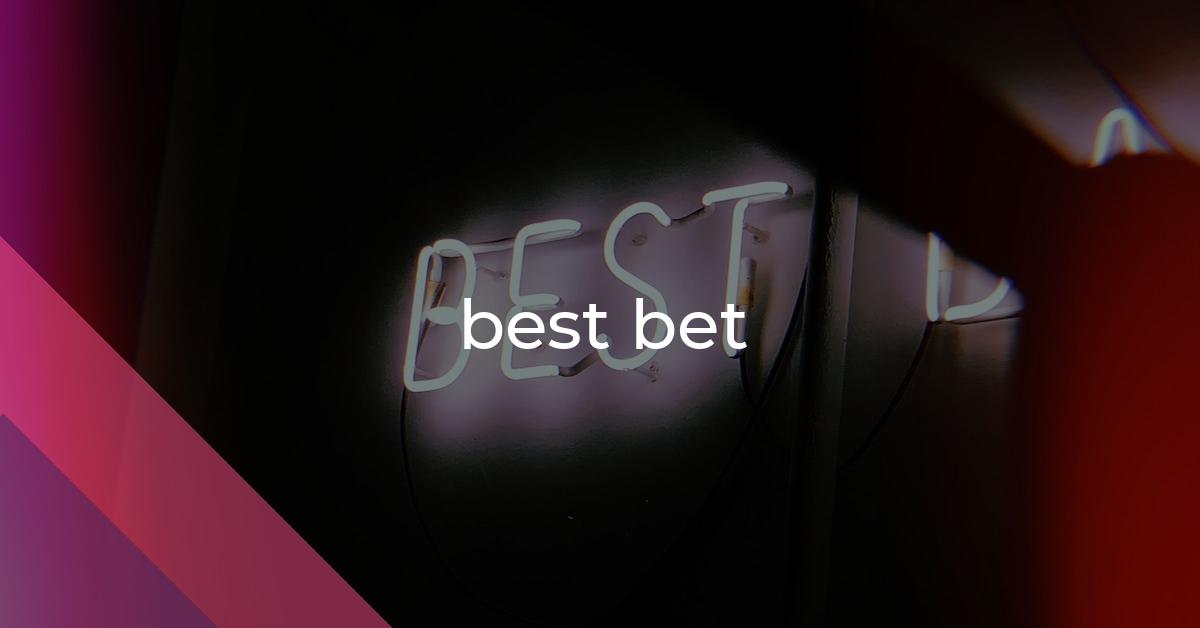best bet: Idiom Meaning and Origin
What does ‘best bet’ mean?
The idiom best bet refers to the most favorable or likely option or choice in a given situation. It suggests selecting the option that has the highest chances of success or the least risk of failure.

Idiom Explorer
The idiom "make the best of one's way" means to do the best one can in a given situation or make the most favorable decision possible.
The idiom "lesser of two evils" means choosing between two unfavorable options while selecting the one that is considered less harmful or negative.
The idiom "last resort" refers to the final option or action taken when all others have failed or been exhausted.
The idiom "keep one's options open" means to refrain from making a final decision or commitment in order to have the freedom to choose from different possibilities or alternatives.
The idiom "hit the jackpot" means to achieve a great success or obtain an unexpected, significant gain, often in a financial sense.
The idiom "high-stakes" refers to a situation in which there is a significant potential gain or loss, usually involving a lot of money or important consequences.
The idiom "hands down" means easily or without any doubt, typically used to describe a situation where one option or person is clearly better than the others.
The idiom "had better" is used to advise or warn someone about a particular action they should take in order to avoid a negative outcome. It implies a sense of urgency or necessity, often indicating that there may be negative consequences if the suggested action is not followed.
Unveiling The Meaning
The idiom "best bet" is often used in everyday English conversations. It is a colloquial expression that originates from the world of horse racing, specifically in relation to placing wagers on the horse with the highest likelihood of winning a race.
When used figuratively, "best bet" refers to the most advantageous or reliable course of action in a given situation. It suggests that a particular choice or option is the most likely to lead to a positive outcome or success.
The idiom can be traced back to the late 19th century when horse racing was a popular sport in many English-speaking countries. Bettors would place their bets on the horse they believed had the best chance of winning. Over time, this concept was applied to other contexts, where the term "best bet" came to represent the safest or most promising option.
In today's English, "best bet" is widely understood and used, particularly in American English. It is commonly employed in informal and conversational settings when discussing potential choices or actions. For example, someone might say, "If you want to save money, buying in bulk is your best bet," meaning that purchasing items in larger quantities is the most advantageous option for saving money.
It is worth noting that the idiom "best bet" is primarily used in informal and spoken language. Although it can be found in written texts, its colloquial nature makes it more prevalent in everyday conversations.
Now, let's explore some related idioms that share similar meanings or contexts with "best bet".
One related idiom is "make the best of one's way". This expression refers to doing the best that one can in a given situation, regardless of the challenges or limitations faced. It suggests finding a way to navigate through difficulties and make the most out of the circumstances at hand.
Another related idiom is "as best one can". This phrase is used when there are limitations or constraints that prevent someone from achieving an ideal outcome. It implies putting in one's best effort within the given constraints to achieve the best possible result.
Additionally, the idiom "chances are" is related to "best bet" as it signifies the likelihood or probability of a particular outcome. It is often used to express the probability of something happening based on current circumstances or information.
Lastly, the idiom "last resort" is relevant to the idea of "best bet" as it refers to the final option or course of action one takes when all other options have been exhausted or deemed ineffective. It represents the choice that is made when there are no better alternatives available.
The idiom "best bet" represents the most advantageous or reliable course of action in a given situation. It originated from horse racing and has evolved to become a widely understood expression in English-speaking cultures. Whether discussing potential actions or considering different options, the idiom conveys the idea of choosing the most advantageous course of action. Furthermore, related idioms such as "make the best of one's way", "as best one can", "chances are", and "last resort" share similar meanings or contexts with "best bet". They all pertain to making the most favorable decision, putting in one's best effort, considering probability, or resorting to the last available option.
Example usage
Examples of how the idiom "best bet" can be used in a sentence:
- He is your best bet for winning the race.
- If you want to catch a bus, waiting at the main stop is your best bet.
- To have a successful business, investing in marketing is always a best bet.
More "Gambling" idioms



